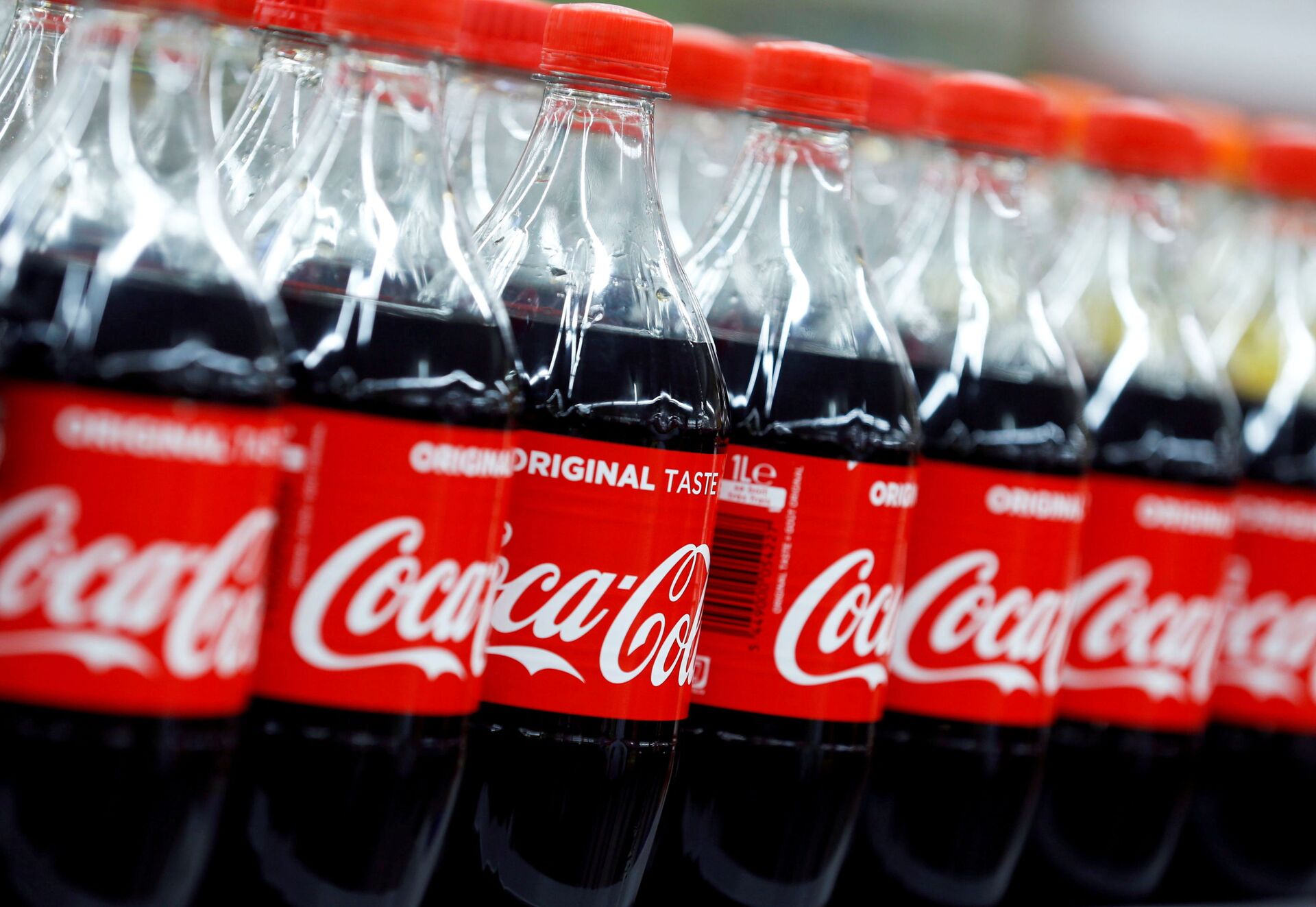Too much sugar during adolescence can affect the development of the hippocampus – the part of the brain critical for learning and memory – a groundbreaking new study by researchers from the University of Georgia and the University of California, Los Angeles has revealed.
The research, published in Transitional Psychiatry – a peer-reviewed scientific journal – investigated the impact of sugary beverages on adolescent rodents. It determined that the control group of animals which consumed the sugar-laced drinks showed impaired performance on a learning and memory task dependent on the hippocampus during adulthood compared to a control group that was not given such beverages.
Specifically, researchers found that giving the juvenile rats an 11 percent sugar solution – similar to that found in commercial soft drinks, increased levels of parabacteroides – a kind of gut bacteria. The study demonstrated that higher levels of parabacteroides led to lower episodic contextual memory performance among the sugar-addled rats in later life.
“We found that rats that consumed sugar in early life had an impaired capacity to discriminate that an object was novel to a specific context, a task the rats that were not given sugar were able to do,” Dr. Emily Noble, study coauthor and University of Georgia professor specialising in food and nutritional biochemistry, explained in a press release.

Researchers further proved their hypothesis about parabacteroides by experimentally enriching the guts of animals which were not raised on sugar with the bacteria.
“Early life sugar increased parabacteroides levels, and the higher the levels of parabacteroides, the worse the animals did in the task,” Noble said, noting that the presence of the bacteria alone “was sufficient to impair memory in the same way as sugar, but it also impaired other types of memory functions as well.”

Researchers also experimented with a separate memory task independent of the hippocampus – involving the rats’ ability to recognize things that they had seen before, finding that sugar had no impact on the latter function, leading them to conclude that parabacteroides’ negative impact was hippocampus-specific.
The dangers of excessive sugar consumption have been discussed at length for many decades, with anti-sugar campaigners proposing taxation and other means to try to restrict consumption. Sugar producers and companies whose products contain large amounts of the sweetener have resisted these efforts, however, painting the matter as a freedom of choice issue. Excessive sugar consumption is a problem in many countries, with the average intake among the global top ten consumers ranging from 89.10 grams to 126.4 grams daily, well above the 24 grams of sugar recommended by the American Heart Association.




